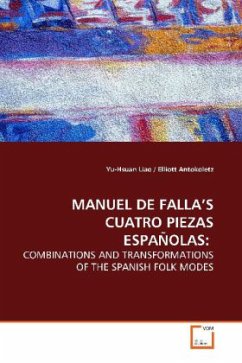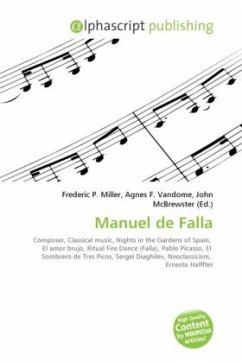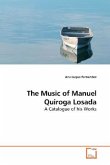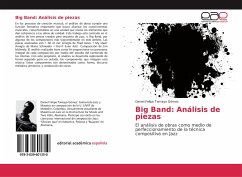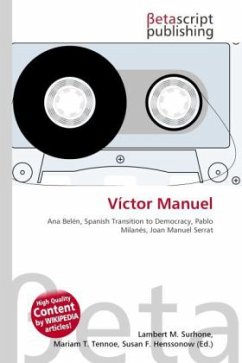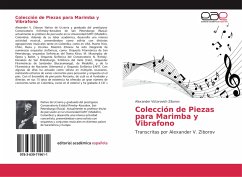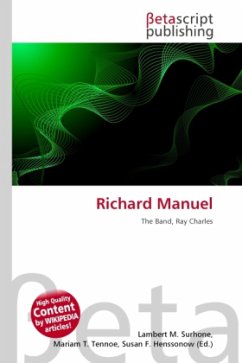The intention of this study is to demonstrate how
special modal and tonal constructions and their
interactions in Cuatro Piezas Españoles (1906-1909)
are basic in the integration of Manuel de Falla s
musical language. His modal techniques represent a
significant contribution to the rebirth of Spanish
nationalism. His use of modal variants, which are
derived from his native folk-music sources, is the
basis for expanding his musical language into a
large-scale system. In this work, Falla employs
various means of transforming the modes into a
modernistic idiom.
Although Falla wrote few piano works in general,
Cuatro Piezas Españoles is exemplary of his
development from Romantic tonality to the modalities
of Spanish folk music. Thus, the study of Cuatro
Piezas Españoles seems to be an ideal compositional
source for evaluating Falla s compositional process
during the period of integration of his musical
language. This treatise demonstrates how special
modal and tonal constructions and their synthesis
basic in the formulation and interoperation of the
composer s means of expression.
special modal and tonal constructions and their
interactions in Cuatro Piezas Españoles (1906-1909)
are basic in the integration of Manuel de Falla s
musical language. His modal techniques represent a
significant contribution to the rebirth of Spanish
nationalism. His use of modal variants, which are
derived from his native folk-music sources, is the
basis for expanding his musical language into a
large-scale system. In this work, Falla employs
various means of transforming the modes into a
modernistic idiom.
Although Falla wrote few piano works in general,
Cuatro Piezas Españoles is exemplary of his
development from Romantic tonality to the modalities
of Spanish folk music. Thus, the study of Cuatro
Piezas Españoles seems to be an ideal compositional
source for evaluating Falla s compositional process
during the period of integration of his musical
language. This treatise demonstrates how special
modal and tonal constructions and their synthesis
basic in the formulation and interoperation of the
composer s means of expression.

